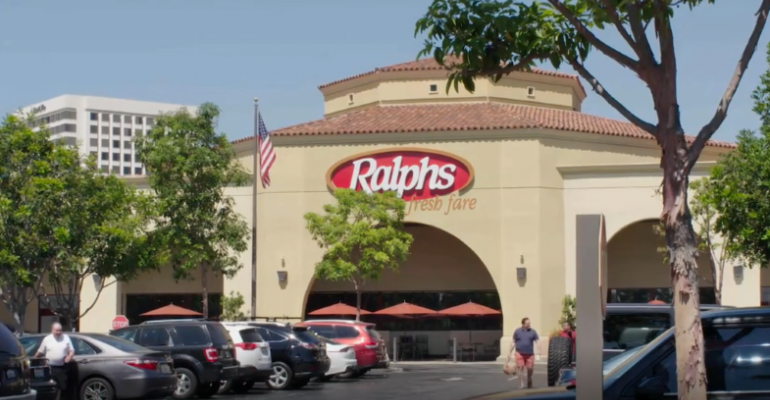Workers continue to score victories in the state of California, and the latest win will benefit grocery employees.
The Los Angeles County Board of Supervisors approved an ordinance that will impact scheduling, reports the Los Angeles Times.
Come July 2025, retailers must provide schedules two weeks in advance, schedule shifts at least 10 hours apart and must compensate workers for last-minute adjustments.
All grocers in unincorporated Los Angeles County with 300 or more employees nationwide will fall under the new rule.
County officials believe around 200 businesses will have to comply with the ordinance, with many being large chains, and up to 6,000 workers will be impacted.
Back in 2022, the city of Los Angeles approved the “fair work week” ordinance, and the one signed off by county officials is strikingly similar.
Other features which copy the city’s version are: Retailers need to provide “predictability pay” if they make a late schedule change; workers must approve back-to-back shifts which involves a store closing and an opening the next day; and employers cannot retaliate if workers report violations of the ordinance.
Penalties would range from $500 to $1,000.
The Los Angeles Area Chamber of Commerce called the county ordinance difficult to manage and said retailers are already stressed competing with ecommerce outfits.
The California Grocers Association also said the new requirements add a complexity that is not needed.
Nate Rose, a spokesperson for the California Grocers Association, told the L.A. Times that scheduling flexibility is one of the industry perks that many enjoy about working in grocery stores, but the ordinance will make schedule changes nearly impossible.





